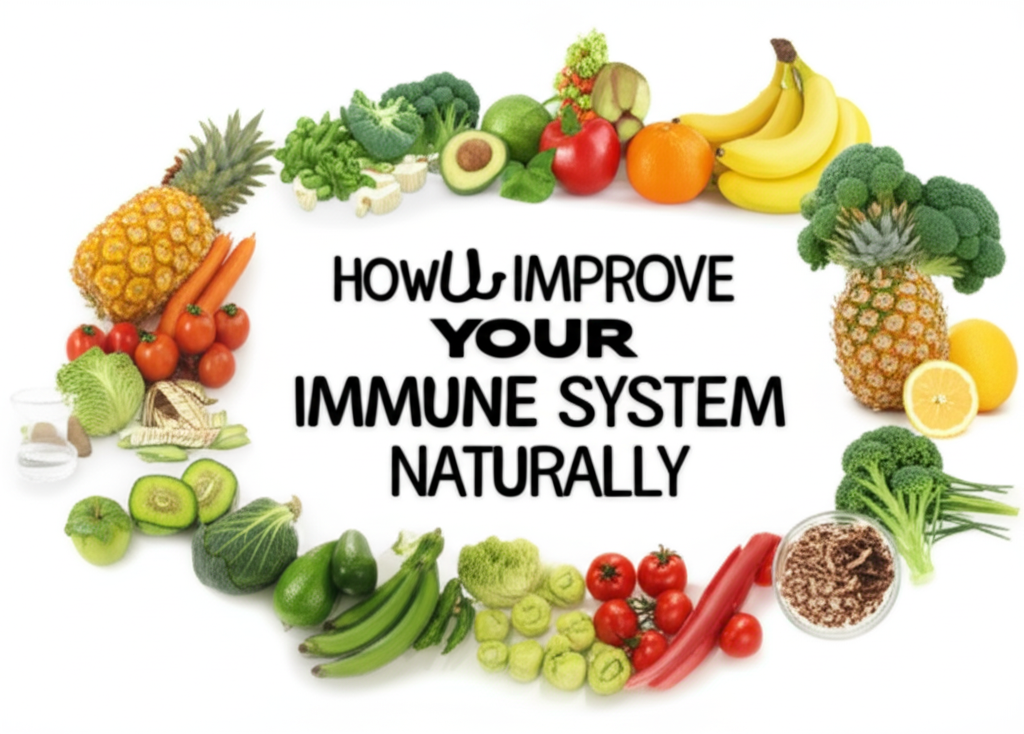In a world saturated with processed and packaged goods, the concept of “whole foods” might seem like a trendy buzzword. However, the truth is, embracing a diet rich in whole, unprocessed foods is one of the most powerful steps you can take towards optimal health and well-being. Let’s delve into the remarkable benefits these nutritional powerhouses offer.
What Exactly Are Whole Foods?
Simply put, whole foods are foods that are as close to their natural, unprocessed state as possible. They are typically single-ingredient items that haven’t been significantly altered by manufacturing processes. Think fresh fruits, vegetables, whole grains, legumes, nuts, seeds, lean meats, and fish.
The Symphony of Health Benefits:
1. Nutrient Powerhouse: Whole foods are naturally packed with essential vitamins, minerals, antioxidants, and phytonutrients that your body needs to function optimally. Unlike processed foods, which often lose nutrients during manufacturing and may have synthetic vitamins added back in, whole foods provide a complete and bioavailable spectrum of goodness.
2. Disease Prevention: Numerous studies have linked diets rich in whole foods to a reduced risk of chronic diseases such as heart disease, type 2 diabetes, certain types of cancer, and neurodegenerative conditions. The abundance of fiber, antioxidants, and anti-inflammatory compounds in whole foods plays a crucial role in protecting your cells and systems.
3. Improved Digestion: Whole foods, particularly fruits, vegetables, and whole grains, are excellent sources of dietary fiber. Fiber aids in digestion, promotes regular bowel movements, prevents constipation, and supports a healthy gut microbiome – which is increasingly recognized for its crucial role in overall health, including immunity and mental well-being.
4. Weight Management: Whole foods tend to be more satiating than processed foods due to their high fiber and water content. This helps you feel fuller for longer, potentially leading to reduced calorie intake and easier weight management. Furthermore, they generally have a lower energy density compared to processed foods, meaning you can eat a larger volume without consuming excessive calories.
5. Stable Energy Levels: The complex carbohydrates found in whole grains and the natural sugars in fruits provide a steady and sustained release of energy, preventing the energy spikes and crashes often associated with processed sugary foods. This can lead to improved focus, concentration, and overall productivity.
6. Enhanced Immune Function: The vitamins, minerals, and antioxidants present in whole foods, such as Vitamin C, Vitamin E, and zinc, play vital roles in supporting a strong and resilient immune system, helping your body fight off infections and illnesses.
7. Better Mood and Mental Health: Emerging research suggests a strong connection between diet and mental health. The nutrients in whole foods, including omega-3 fatty acids, B vitamins, and antioxidants, are essential for brain function and may contribute to improved mood, reduced anxiety, and a lower risk of depression.
8. Reduced Exposure to Harmful Additives: By choosing whole foods, you naturally limit your intake of artificial sweeteners, preservatives, trans fats, and other additives commonly found in processed foods, which can have negative impacts on your health over time.
Making the Shift:
Transitioning to a whole-foods-based diet doesn’t have to be an overnight overhaul. Start by making small, gradual changes, such as swapping refined grains for whole grains, choosing fresh fruits and vegetables over processed snacks, and cooking more meals at home using whole ingredients.
Embracing whole foods is an investment in your long-term health and vitality. By nourishing your body with nature’s bounty, you’re not just eating; you’re fueling a healthier, happier you.













Leave a Reply